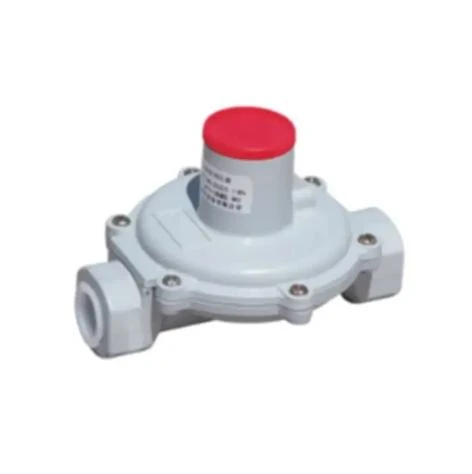
Dec . 01, 2024 11:41
Back to list
electric valve
Understanding Electric Valves A Comprehensive Overview
Electric valves play a crucial role in modern industrial applications, acting as essential components in the control systems of fluid and gas flow. These automated devices are designed to regulate and manage the flow of various substances, including water, oil, air, and steam, in a wide range of processes. This article delves into the basic functioning of electric valves, their types, applications, advantages, and factors to consider when selecting the right valve for specific purposes.
What is an Electric Valve?
An electric valve is a mechanical device that uses electrical energy to operate a valve mechanism, controlling the flow of liquids or gases. Instead of manual operation, which may involve levers or wheel gears, electric valves utilize an electric motor or actuator. This automation facilitates precise control over the opening and closing of the valve, thereby improving the efficiency of fluid management in various systems.
Types of Electric Valves
There are several types of electric valves, each tailored for specific applications
1. Solenoid Valves These are among the most common electric valves. They use an electromagnetic solenoid to open or close the valve. When electric current flows through the solenoid, it creates a magnetic field that moves the valve mechanism. Solenoid valves are typically used for applications requiring rapid switching.
2. Motorized Ball Valves Ball valves are spherical devices with a hollow center. An electric motor rotates the ball to control flow, allowing for swift opening and closing. These valves are known for their durability and reliability, making them ideal for on-off control as well as throttling.
3. Butterfly Valves These valves consist of a disc that rotates around a central axis. An electric actuator controls the rotation, allowing the operator to manage flow with minimal resistance. Butterfly valves are often used in large pipe applications.
4. Gate Valves While traditionally operated manually, gate valves can also be equipped with electric actuators. They control flow by lifting a gate, offering low-pressure drop when fully open.
electric valve

Applications of Electric Valves
Electric valves are ubiquitous in numerous industries, including
- Water Treatment They control the flow of water through treatment plants, ensuring proper chemical dosing and circulation. - HVAC Systems Electric valves regulate heating, ventilation, and air conditioning, enhancing energy efficiency and comfort in building management systems. - Chemical Processing In this sector, precise flow control of hazardous materials is critical, making electric valves vital for safety and compliance. - Food and Beverage Industry Electric valves are used in processes that require sterile and precise flow control, ensuring product quality and safety.
Advantages of Electric Valves
The use of electric valves comes with several benefits
- Automation Electric valves enable remote operation and automation of systems, reducing the need for manual intervention and labor costs. - Precision Control They allow for fine adjustments to flow rates, enhancing process control and efficiency. - Safety By minimizing human error and allowing for remote monitoring, electric valves can significantly enhance safety in operations involving hazardous materials. - Energy Efficiency Utilizing electric actuators can lead to energy savings, as they can be programmed for optimal performance.
Considerations When Choosing Electric Valves
When selecting electric valves for a specific application, several factors should be taken into account
- Medium Type Different valves are designed for various fluids or gases, so it's essential to match the valve material and design to the specific medium. - Pressure and Temperature Ratings Ensure that the chosen valve can withstand the operational pressure and temperature conditions of the system. - Actuator Type The actuator should be compatible with the existing control system and capable of providing the necessary torque and speed for efficient operation. - Maintenance Needs Consider the maintenance requirements and lifecycle costs associated with the valve.
In conclusion, electric valves are indispensable components in modern industrial systems, offering precise control and automation for fluid management. By understanding their types, applications, and advantages, as well as considerations for selection, industries can optimize their processes and enhance operational efficiency.
Latest news
-
Safety Valve Spring-Loaded Design Overpressure ProtectionNewsJul.25,2025
-
Precision Voltage Regulator AC5 Accuracy Grade PerformanceNewsJul.25,2025
-
Natural Gas Pressure Regulating Skid Industrial Pipeline ApplicationsNewsJul.25,2025
-
Natural Gas Filter Stainless Steel Mesh Element DesignNewsJul.25,2025
-
Gas Pressure Regulator Valve Direct-Acting Spring-Loaded DesignNewsJul.25,2025
-
Decompression Equipment Multi-Stage Heat Exchange System DesignNewsJul.25,2025

